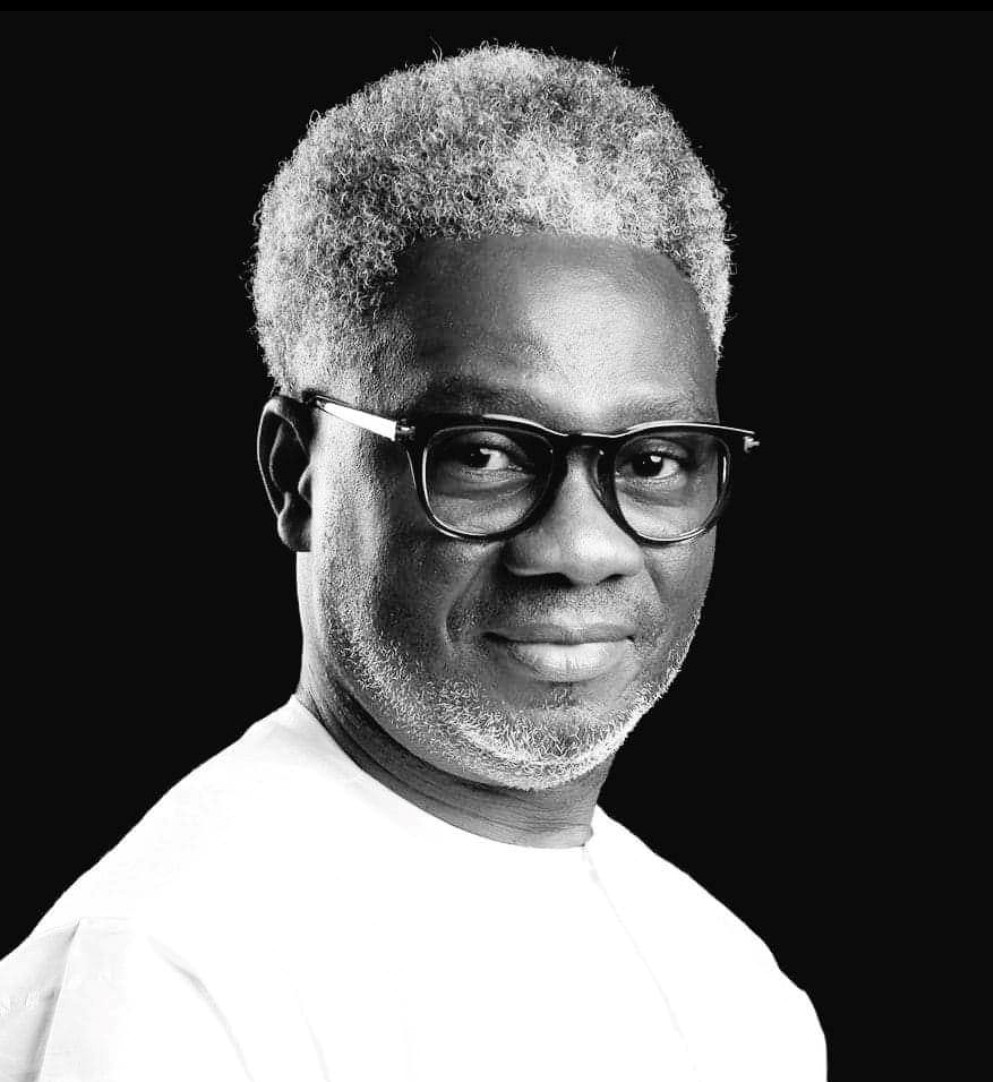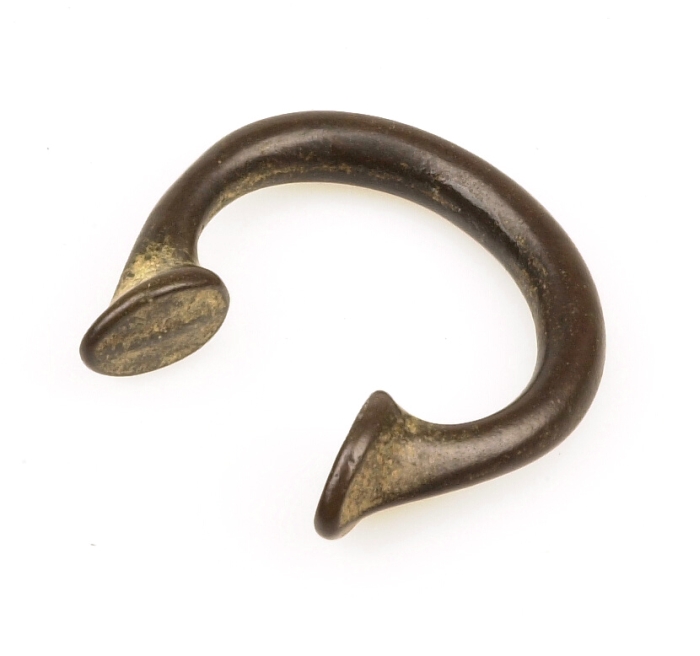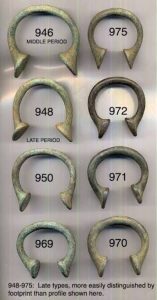£15 million from government’s Official Development Assistance (ODA) budget allocated to support healthcare workforces in Kenya, Nigeria and Ghana; funding will help upskill staff and improve health outcomes through improved administration, data collection and training and retention opportunities; supporting strong international health workforce better equips UK to tackle global health challenges.
The UK will provide a multi-million pound boost to support healthcare staff recruitment and retention in three African countries – Kenya, Nigeria and Ghana – supporting resilience against global health challenges.
Fifteen million pounds from the ring-fenced Official Development Assistance (ODA) budget for 2022-2025 will be committed to optimise, build and strengthen the health workforce in the three African countries. Recognising the importance of the health workforce in lower and middle- income countries in improving health outcomes and achieving universal health coverage, the funding will enable people in Kenya, Nigeria and Ghana to access to the full range of health services they need, when they need it.
The Covid pandemic demonstrated the need for the UK to cooperate closely with international partners to tackle global health threats, which put considerable pressure on the NHS. The pandemic also resulted in workforce retention pressures around the world, whilst the demand for healthcare staff has increased. The World Health Organisation (WHO) estimates a shortage of 10 million health workers globally by 2030, which threatens achieving global universal health coverage and could worsen worldwide health inequalities.
Addressing critical workforce challenges is key to strengthening health systems and building global resilience against future pandemics so people across the world – including in the UK – can be protected.
Health Minister Will Quince said:
This funding aims to make a real difference in strengthening the performance of health systems in each of the participating countries
Highly skilled, resilient staff are the backbone of a strong health service, so I’m delighted we can support the training, recruitment and retention of skilled health workforces in Kenya, Nigeria and Ghana.
This funding aims to make a real difference in strengthening the performance of health systems in each of the participating countries, which will have a knock-on effect on boosting global pandemic preparedness and reducing health inequalities.
The pandemic showed us that patients in the UK are not safe unless the world as a whole is resilient against health threats, and this will help us in delivering on that ambition.
Six million pounds from the ODA funding pledge will support the WHO to deliver health workforce planning and capacity-building work – such as improved administration systems and training and retention opportunities – in collaboration with local governments and health system stakeholders.
As part of this package, the Department of Health and Social Care will also run a £9 million two-year competitive grant scheme for a not-for-profit organisation to coordinate delivery of partnership work in participating countries.
The partnership programmes for the health workforce include linking UK institutions with local health systems, promoting skills exchanges and improving the curriculum, regulation and guidance in Kenya, Nigeria and Ghana.
The delivery coordinator will be responsible for setting up, funding and overseeing this work to drive improvement in quality and retention of healthcare staff in the three countries and ultimately help to ensure better outcomes for patients.
The funding builds on £5 million previously committed as part of the Building the Future International Workforce ODA programme in Ghana, Uganda and Somaliland which aims to improve health workforce planning and management, provide training opportunities for refugees and displaced people and link NHS institutions with country health institutions.
Kenya, Nigeria and Ghana were chosen for the ODA award as they showed a clear need for workforce support, evidenced by high population mortality rates and low staff numbers, as well as unemployment amongst their trained health workers.



















